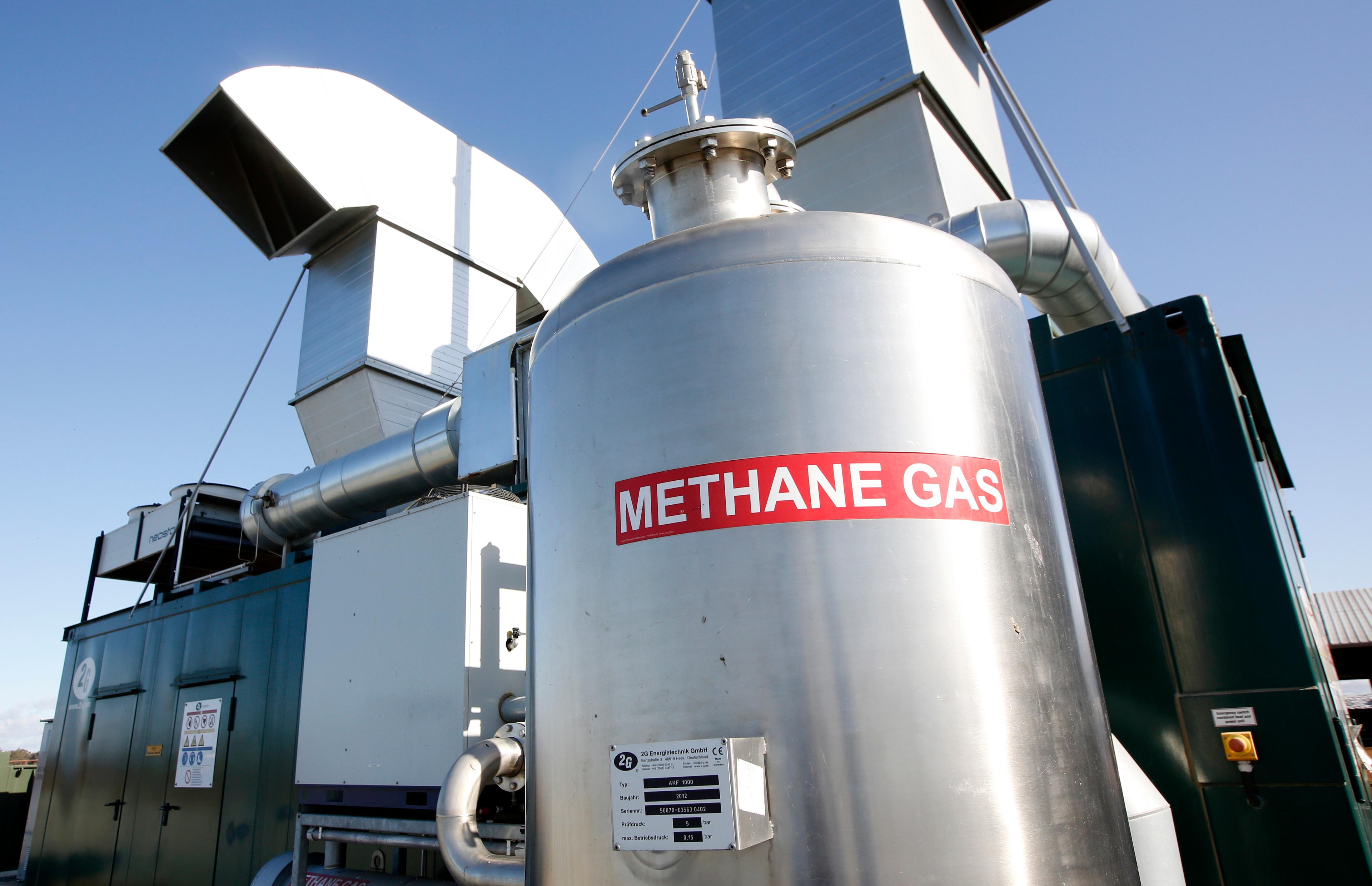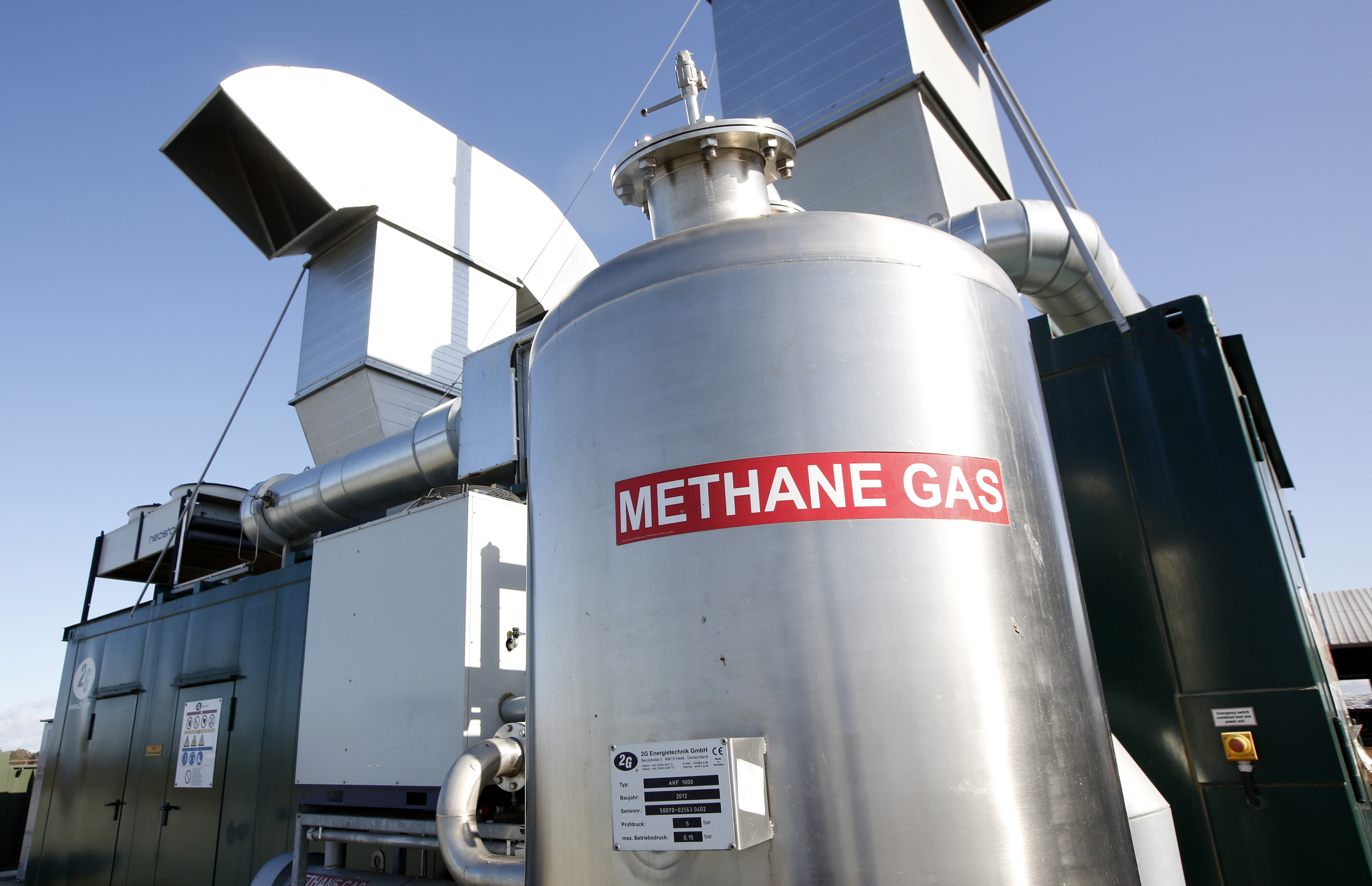

A new study published Thursday in the journal Science found that methane emissions from oil and gas operations are 60 percent higher than previous estimates from the federal government.
The Environmental Defense Fund analyzed data recorded at nine different oil and gas basins across the country, including the Denver-Julesburg Basin. The data came from dozens of institutions including CSU, University of Colorado and the NOAA research lab in Boulder.
The staggering amount of methane leaking into the atmosphere contributes to climate change.
“The fact is that the magnitude of emissions are so large that it has a material impact on the climate impact of natural gas as a fossil fuel,” EDF scientist Ramon Alvarez said.
EDF believes that many of these previously unrecorded emissions are coming from “abnormal operating conditions,” such as gas escaping from vents at liquid storage tanks. Those tanks are scattered across oil and gas production sites all over the Front Range.
The energy industry met the new research with skepticism and questions the study's methods.
“It needs to be analyzed. It’s not the end of the story," said Kathleen Sgamma of the Western Energy Alliance. "Science is not one study and then it’s all solved. It’s the preponderance of evidence. And there have been several studies which show much lower leakage rates."
In 2014, Colorado became the first state to regulate methane emissions from oil and gas operations. While the number of facilities reporting methane leaks has been going down steadily since the regulations went into effect, it would be nearly impossible to say exactly how the volume of methane emitted has changed, said Jeremy Neustifter, an air quality planner with the Colorado Department of Public Health.








